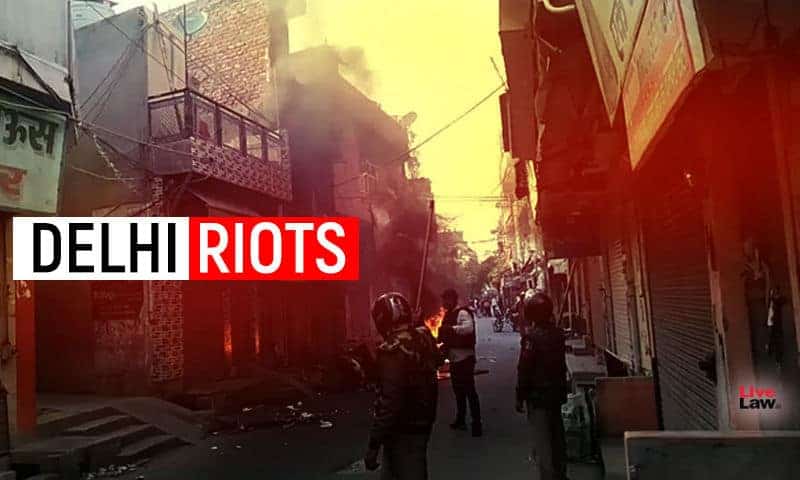The northeast Delhi riots of February were a traumatic moment for the national capital. Delhi has lived in guilt-ridden unease with the brutality of the 1984 anti-Sikh riots and an equally shameful history of delayed and denied justice to its victims. At the centre of this shameful past was a politician-police nexus that looked the other way during the riots and in bringing rioters to justice. This February’s riots have reopened old wounds. The onus is on the current police-neta establishment to ensure history doesn’t repeat.
But Delhi University professor Apoorvanand’s interrogation, purportedly over support for the anti-NRC-CAA protests that long preceded the riots, spins a deceptive narrative. If a false equivalence is sought to be drawn between dissent and rioting, nothing could be more absurd and self-defeating. Dissent makes democracy meaningful and representative. CAA and NRC were riddled with enough biases and procedural dangers that a significant section of society, not least its youth and Muslim citizens, felt compelled to come out in peaceful protest. Months later, Delhi police seems to be making little distinction between criminal conspiracy and peaceful protest in that multitude of anti-CAA voices. The stringent anti-terror Unlawful Activities (Prevention) Act with its restrictions on bail, record of lengthy incarcerations, and abysmal conviction rate at the end of much harassment, is a warning few with a mind to dissent can ignore.
The riots, meanwhile, were an invitation to kill, maim, plunder and burn with politicians also contributing their mite to instigating violence. Delhi police, which barged into a Jamia library to assault unarmed students, failed miserably in quelling armed rioters. Now as it delves into an anti-NRC-CAA protests “conspiracy”, the February rioters have reason to be pleased. Police’s distraction with dissent could be their ticket to exoneration. Every rioter spared, on specious religious grounds as a reported top cop note to subordinate cops hinted, is invitation to more rioting. Police must stop chasing shadows.
This piece appeared as an editorial opinion in the print edition of The Times of India.

